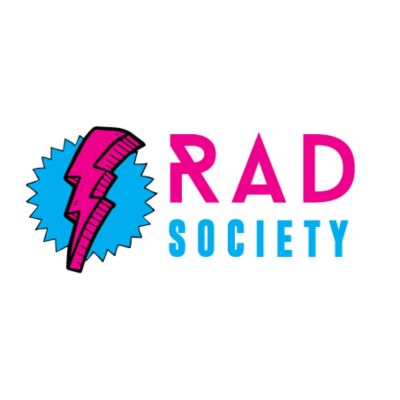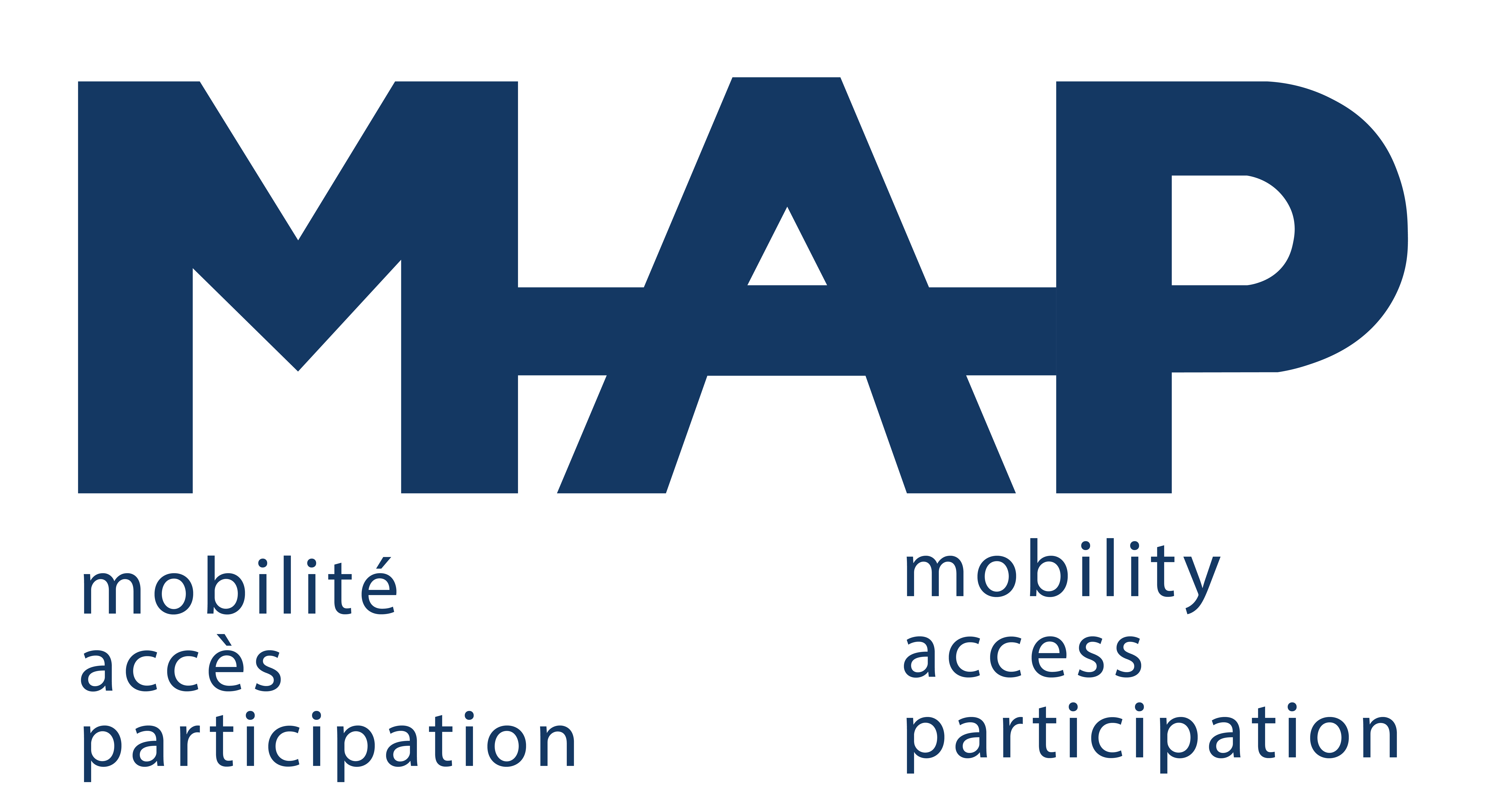
The Recreational Adaptive Devices (RAD) study aims to develop a program that loans adaptive devices to people with mobility impairments, enabling them to participate in outdoor recreational activities. The study has three main phases, understanding the needs of adaptive device users, developing a mobile app and a storage facility, known as GearBox, in Langford B.C, and evaluating participants’ experiences.
RAD collaborates with various organizations, including the RAD Society, a charity organization dedicated to enabling outdoor recreation for those with mobility impairments through an inventory of outdoor adaptive equipment. RAD is also working with the University of British Columbia to set up a GearBox on campus. Other partners include the Amputee Coalition of Canada, Spinal Cord Injury BC, Power to Be, Wallace & Carey Distribution & Logistics, and the City of Langford. RAD remains open to new community and municipal partners, fostering a supportive network to further its impact.
RAD’s partnership with MAP involves connecting with existing networks, facilitating knowledge translation, and adopting best practices for community engagement. Through this, the partners ensure that academic research is effective, applicable, and useful to the community. The goal is to improve the quality of life, participation, and inclusion of people with mobility limitations.
